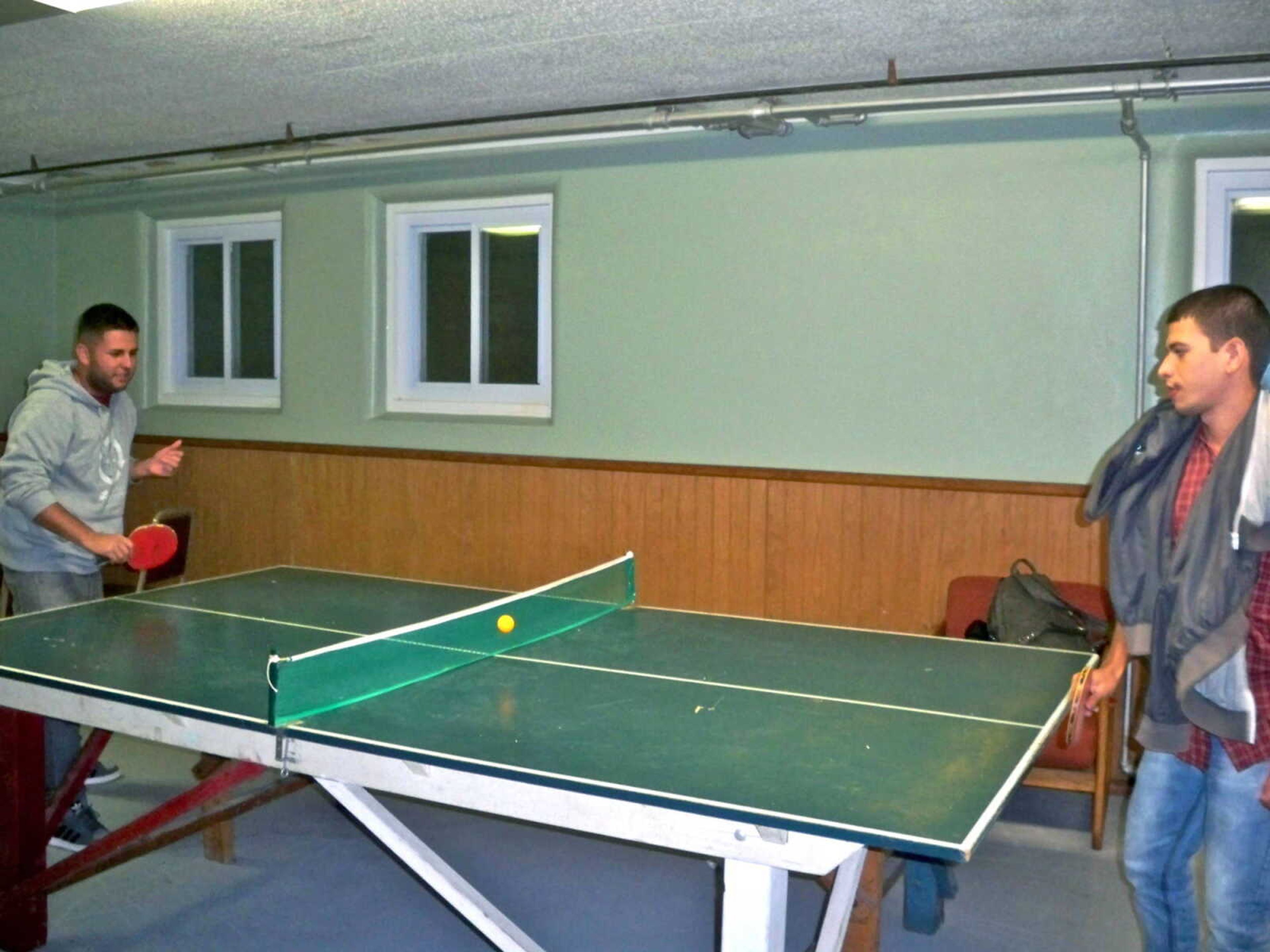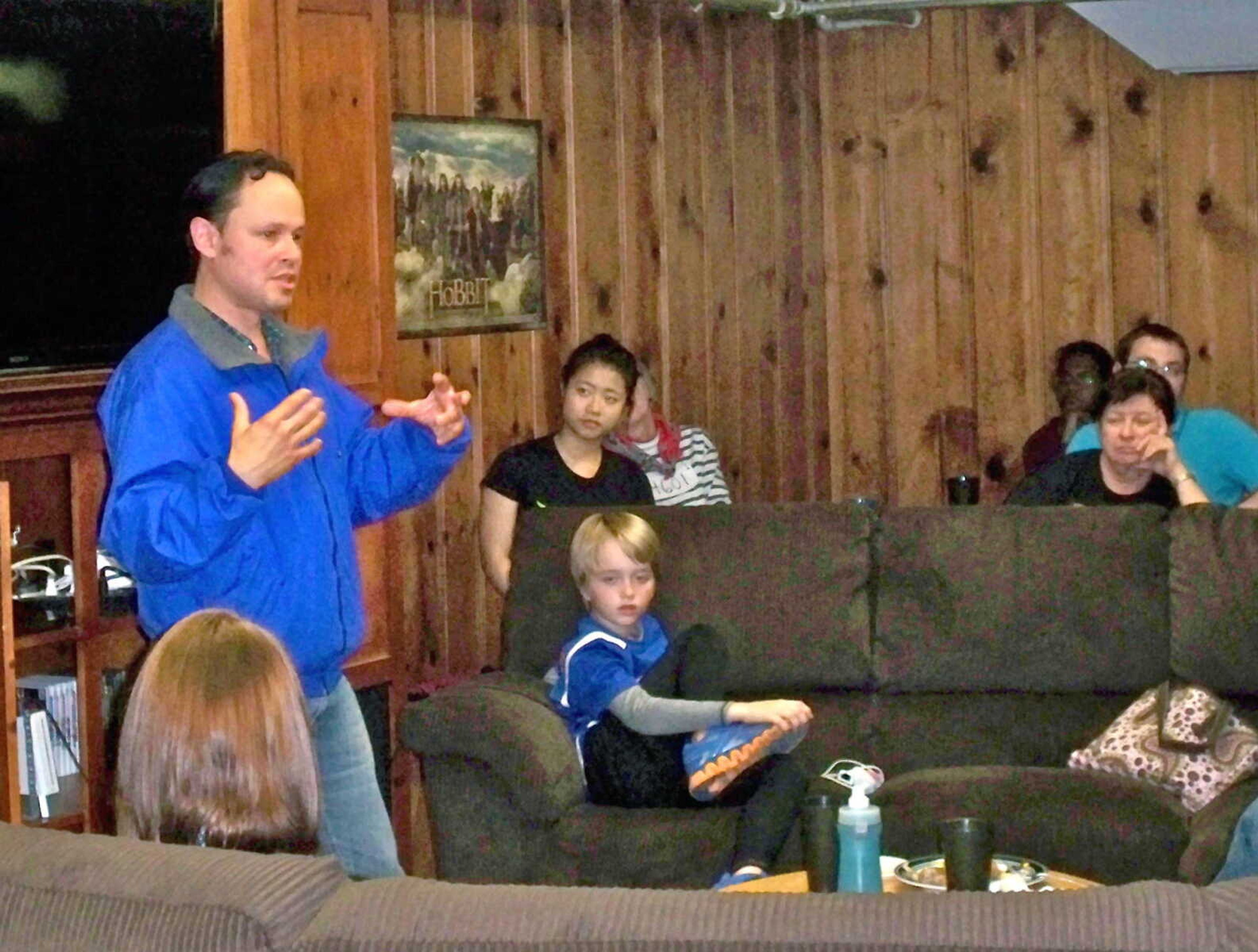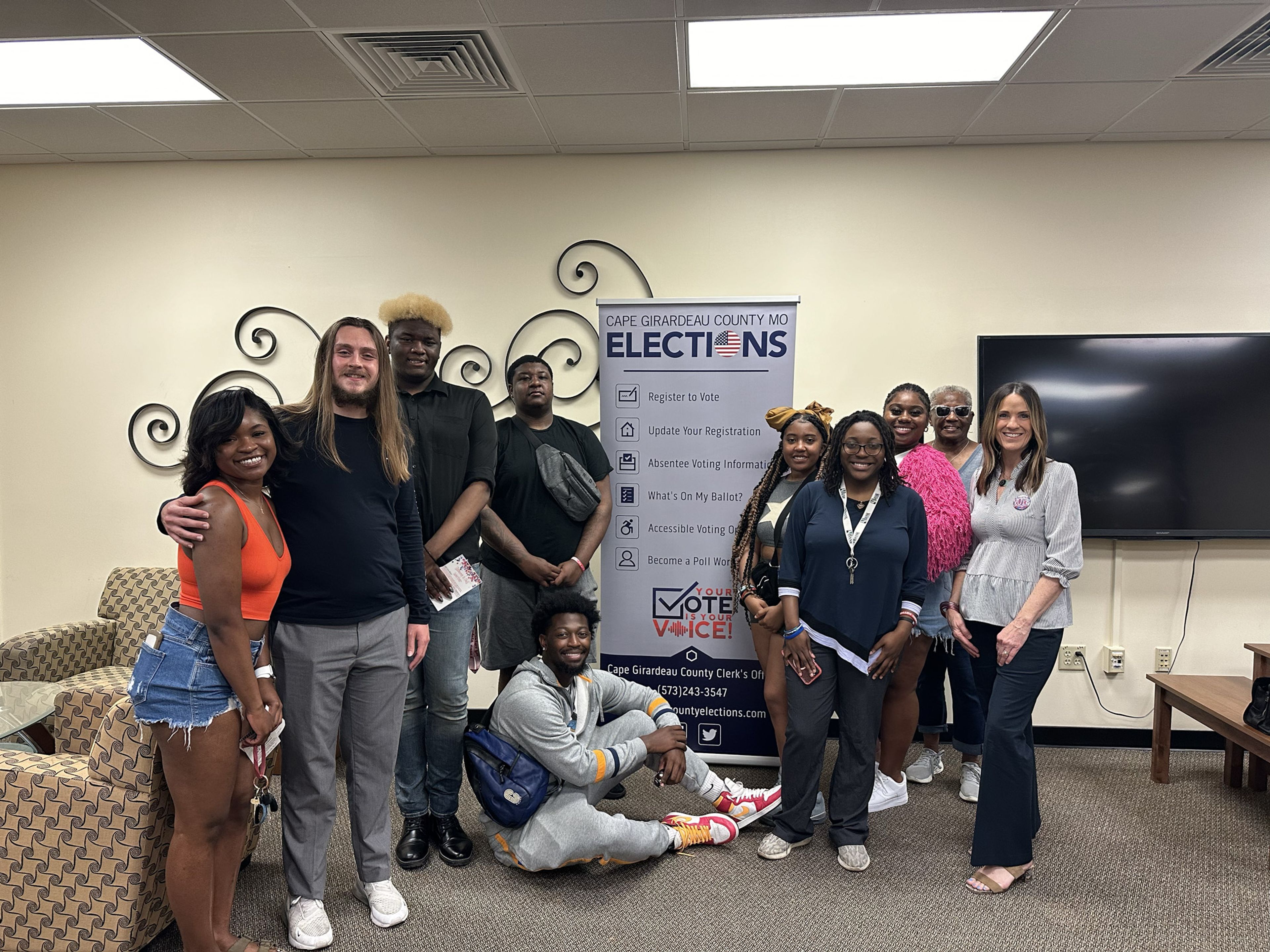A remote area with no cell service and endless amounts of mud and trees may sound like the makings of a nightmare for many Southeast Missouri State University students, but such an area provided an opportunity for anthropology professor Dr. Warren Anderson during a trip to Costa Rica.
"It's an area that has virtually no infrastructural development as in roads, towns, power grids and cell towers. If you were to take a Google Earth look you would see green and mountains, green and mountains," Anderson said.
Anderson was asked to work with linguists and anthropologists within all small area located in Costa Rica known as Cabécar from the University of Costa Rica. The goal was to help document the linguistic status of this particular group of people.
"The idea of mainstreaming a group like that is very controversial, trying to get them to assimilate to mainstream Costa Rican culture -- speak Spanish and use computers," Anderson said. "But what was interesting to me as an anthropologist was that the request for help actually came from the Cabécar people themselves."

With the trip being so successful, Anderson helped the two schools establish a connection and the Costa Rica exchange program was created. The program aims to allow both Southeast and the University of Costa Rica students to experience culture in a different country. The program has now been around for close to seven years.
Since then, both Southeast and the University of Costa Rica have made many efforts to provide students with a glimpse into a different culture. Southeast students live in Costa Rica for two weeks and get to experience the daily life all while improving their Spanish and the Costa Rican students experience life in America while improving their English.
"It was the best thing.I mean the people were friendly, and the country was beautiful. I'd absolutely do it again," said Jen Aitken, a former Southeast student and part-time instructional specialist in the intensive English program. "I think every student should know. It's a beneficial experience for everyone who wants to try something different and new."
With the short-term exchange trip through the anthropology department, students are encouraged to see Costa Rica not as a museum, but as a community. This includes going out and meeting the many new people they are surrounded by and immersing themselves in the customs.
"It's learning about the culture of the country itself -- their attitudes and their views of the world. This is a country approximately one-fourth the size of Missouri. It's a perfectly functioning, intact country with all the problems we have, that's what I want students to see," Anderson said.
Students from the University of Costa Rica visited Cape Girardeau during the week of Oct. 22 as part of the exchange program. The six students and two faculty members lived with host families and got the chance to experience what it is like to live in Missouri. Some planned events included a tour of the main campus and River Campus.
"It's important for us if we want to be English teachers like myself. It's important to interact with the culture," Costa Rican exchange student Gustavo Arias said. "We need to interact because in Costa Rica they are not natives, so this helps us learn things like pronunciation."
Although the program is aimed toward anthropology majors, all majors are encouraged to participate. Students interested in the exchange program trip to Costa Rica can contact Anderson at wdanderson@semo.edu or Dr. Kimberly Louie at klouie@semo.edu.





